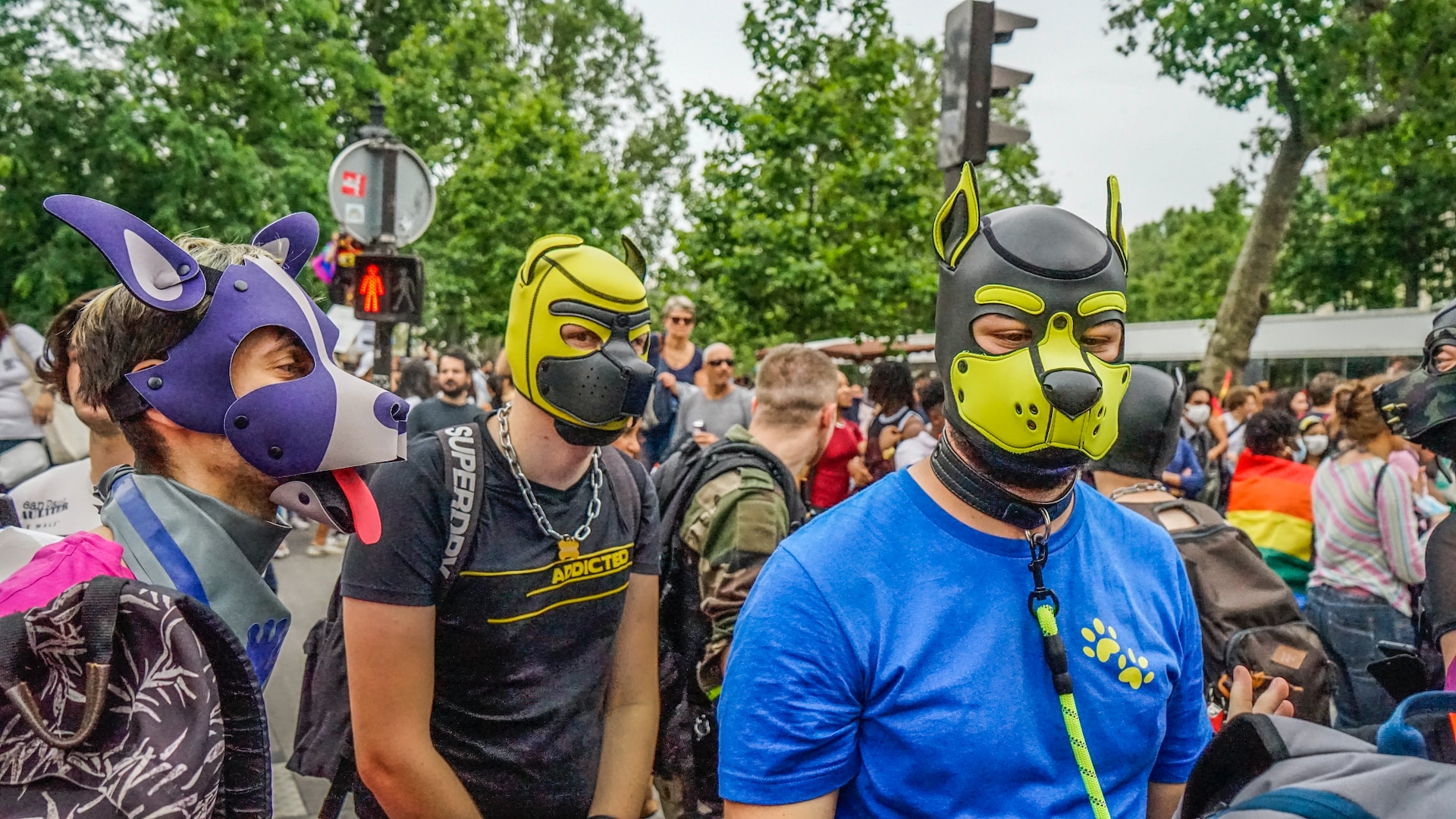Russia Moves to Outlaw LGBTQ ‘Movement’ as Extremist

In what is being seen as the most severe measure in its ongoing clampdown on gay rights, the Russian government has taken a significant and alarming step. The Justice Ministry filed a lawsuit with the nation’s Supreme Court to declare the LGBTQ “international public movement” as extremist. This action marks a dramatic intensification in the decadelong assault on LGBTQ rights under President Vladimir Putin’s regime, which has increasingly leaned towards conservative ideologies.
Details of the Lawsuit and Its Implications
The ministry, through an online statement, disclosed that it had identified elements of extremism in the activities of the LGBTQ movement within Russia, accusing it of inciting social and religious discord. A hearing by the Supreme Court is scheduled for Nov. 30 to consider this lawsuit. The ramifications of this label for LGBTQ individuals in Russia, if approved, remain unclear but could lead to severe restrictions and penalties.
A Decade of Diminishing LGBTQ Rights
This lawsuit is the latest in a series of actions against LGBTQ rights in Russia. The crackdown began about ten years ago, with the adoption of the “gay propaganda” law in 2013, which prohibited any noncritical public depiction of “nontraditional sexual relations” among minors. In 2020, constitutional reforms not only extended Putin’s rule but also banned same-sex marriages.

Intensified Rhetoric Amidst Ukraine Conflict
The invasion of Ukraine in 2022 saw a heightened emphasis on protecting “traditional values” from what the Kremlin described as the West’s corrupting influence. This stance was viewed by rights advocates as a tactic to justify military actions in Ukraine. The same year, Russia passed a law banning the propaganda of “nontraditional sexual relations” among adults, effectively criminalizing any public support for LGBTQ individuals.
Additional Legal Constraints and Presidential Viewpoints
In 2022, Russia enacted further legislation that imposed strict prohibitions on gender transition procedures and related medical care for transgender people. This law also forbade altering one’s gender identity in any official documents or public records. Additionally, the Russian Family Code was revised to classify gender transition as a valid reason for dissolving a marriage and to prevent individuals who have transitioned from becoming foster or adoptive parents. President Vladimir Putin voiced his disapproval of what he described as “perversions” infiltrating educational settings and raised concerns about the shift away from traditional family roles towards more neutral descriptions.
These legal actions, alongside the recent legal attempt to classify the LGBTQ movement as extremist, signify an escalating antagonism against the LGBTQ community within Russia. This trend raises significant human rights concerns regarding the well-being and safety of LGBTQ individuals in the nation. International observers and human rights groups are vigilantly tracking these ongoing developments.
©equalityvoices.org
